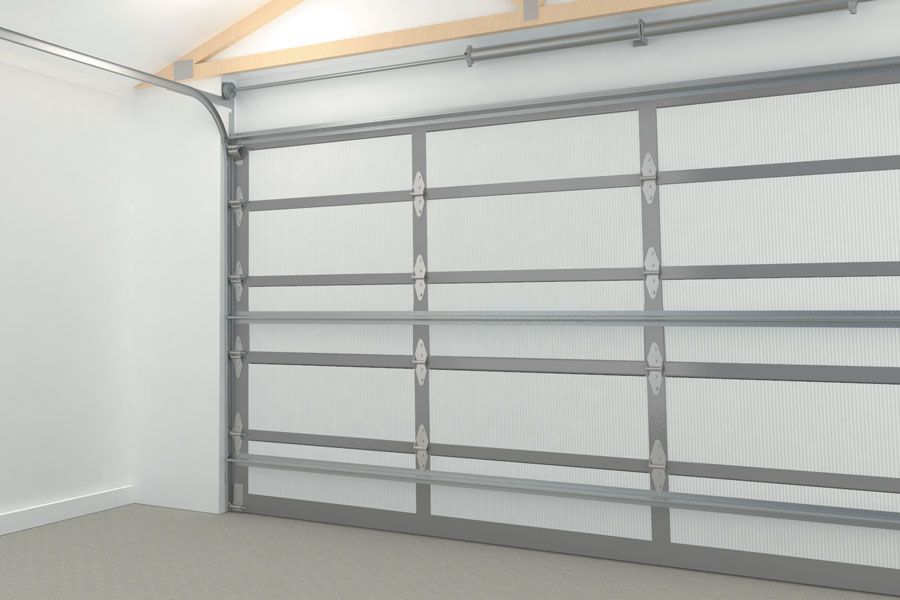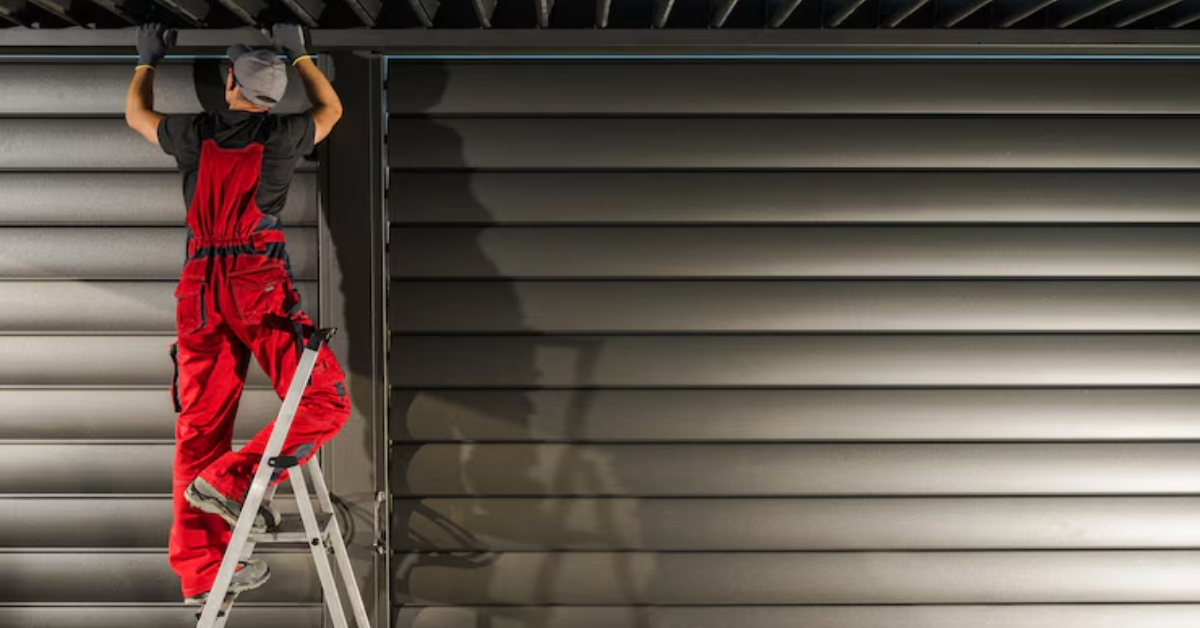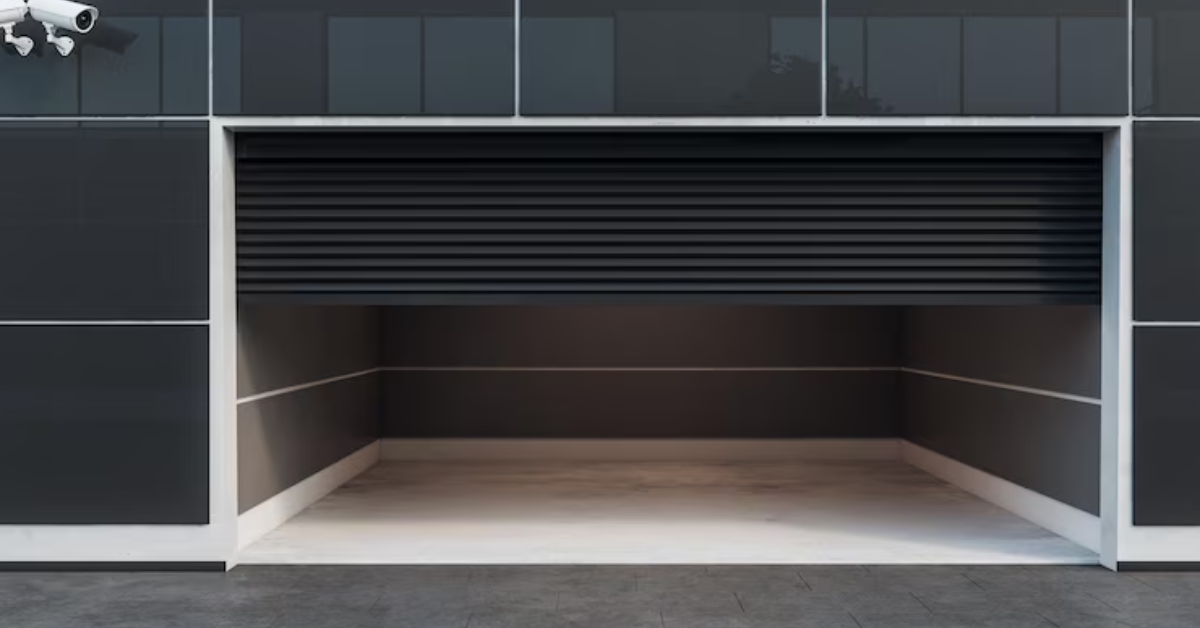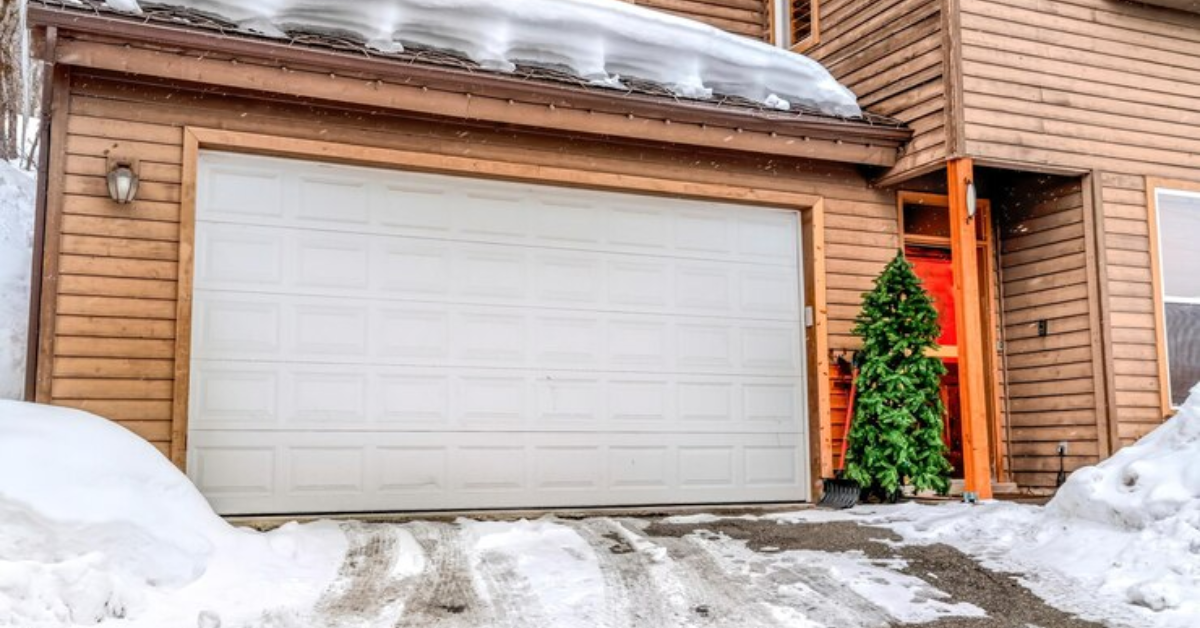How Effective Is Garage Door Insulation?
Does Garage Door Insulation Work?

Yes, installing insulation to your garage door will assist preserve temperature fluctuations and increase the energy efficiency of your home. Regulating the temperature of your garage can be difficult, whether you live in the bitterly frigid winters.
Your garage door insulation should decrease the flow of heat. This entails decreasing the rate at which heat leaves your garage in the winter and preventing heat from entering in the summer.
A slower rate of heat transfer into or out of your garage will result in a slower rate of heat transmission into your house. Ultimately.
What’s Ahead
Benefits of insulation
Challenges of insulation
R-value ratings
Types of insulation
Adding insulation vs. buying a new door
Choosing a new door
DIY or hire a professional?
Why Should I Insulate My Garage Door?
Insulating your garage door helps by offering several benefits. Let’s review 5 key advantages
Energy efficiency: This is especially true if your garage is attached to a bedroom or used as a living space, workshop or utility room.
Protection: Abrupt weather changes can affect car batteries, fluids and tire pressure, as well as change the consistency of paints, fertilizers, cleaning supplies and motor oil.
Durability: Non-insulated doors are more prone to denting or creasing.
Noise reduction: Insulation blocks outside noise, such as neighborhood children and vehicle traffic, and can also help reduce the noisiness of the door caused by the vibration of the panels.
Resale value: Because of these factors, garage door insulation can be an added benefit and incentive for those considering purchasing your home in the future.
Why Shouldn’t I Insulate My Garage Door?
Insulating your garage door isn’t the right decision for everyone. There are a number of factors to consider before making this decision. These include:
Attached or detached: If your garage is detached from the home, there might not be much value in insulation, unless you use the garage as a livable space or workshop.
Full garage insulation: Is the rest of your garage insulated, as well? If not, adding insulation to your garage door might not provide as much temperature control as you’d like.
Air flow: Outside air can still make its way into your garage through other seams, gaps or openings, such as windows and entry doors, so you’ll want to seal these exposures before insulating your door.
These elements need to be compared to other advantages like durability and stability when determining whether or not to insulate your door. A garage door expert will be able to go over your alternatives with you and guide you toward the decision that is ideal for your circumstances.
Here's how to comprehend R-Values and how insulation in garage doors mitigates temperature variations. With R-values, insulation's capacity to reduce the flow of heat is quantified. R-values for residential garage door insulation typically range from R-6.3 to R-19. Although the numbers grow exponentially, the increased effectiveness develops considerably more slowly.
Although R-values are a decent way to evaluate insulation value, they are not a perfect science because they do not take into consideration other elements like wall and ceiling insulation as well as less-insulated components of the building like studs and windows.
Types of Insulation
There are 2 primary types of insulation that are used for garage doors. They are:
Polystyrene: A rigid foam board, this insulation is more commonly known as Styrofoam. Used in two- and three-layered doors, it’s sandwiched between two layers of steel. R-values will vary from R-6 to R-9. You can also find this type of insulation in hardware stores for a do-it-yourself installation project.
Polyurethane: This insulation starts as a thick liquid and expands as it sets, ensuring it completely fills the cavity of the garage door. Commonly known as “foamed in place” or FIP doors, most manufacturers offer this style of product. Found most often in three-layer garage doors, this style of insulation offers R-values of R-10 to R-19 and gives the door a solid structure to reduce noise and improve lifespan.
Other varieties of DIY insulation kits are available online or at nearby hardware stores. Since they are not made for long-term durability, these forms of insulation only provide temporary fixes, such as seasonal insulation, and must be firmly affixed to the door. Be careful that these kits typically do not offer complete insulating coverage.
Add Insulation Or Buy A New Garage Door?
If you would like to add insulation to your garage door, you have two choices: add insulation to an existing door or replace it with a new, more insulated one.
When deciding, you will want to consider the cost, return on investment and condition of your existing door. Often, you will find replacing your door will be a better investment than retro-fitting insulation.
Choosing A New Garage Door
If you decide to replace your door, there are several factors to consider when selecting a replacement.




